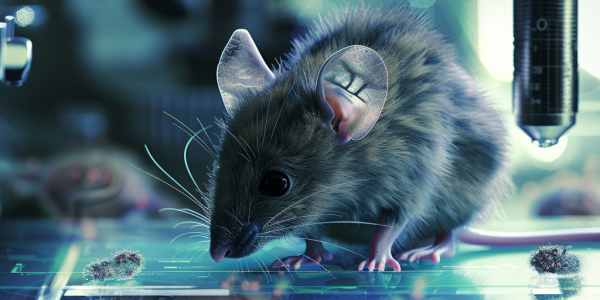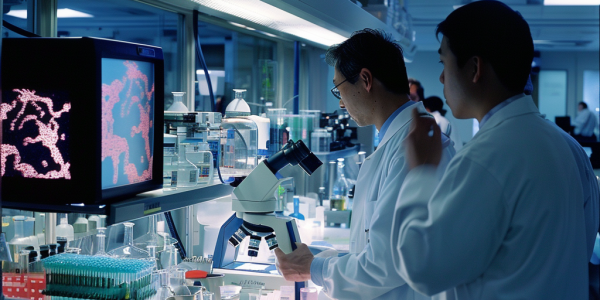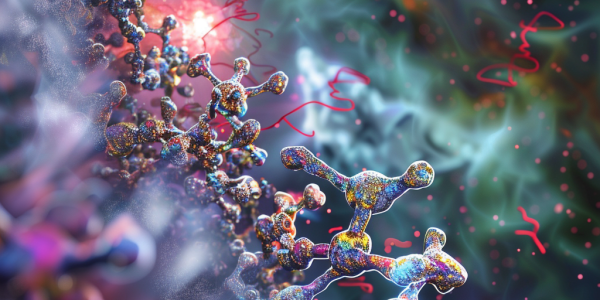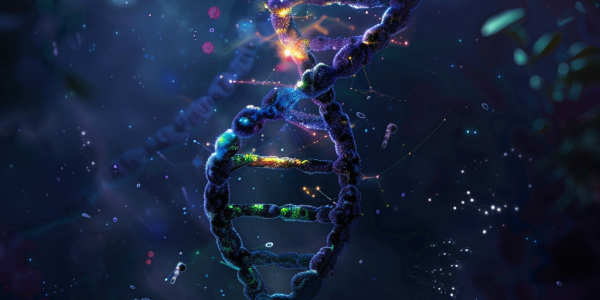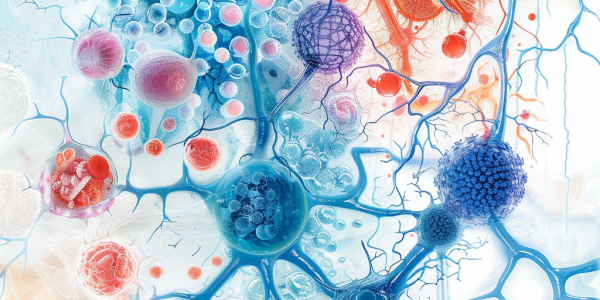Recent Discoveries in Evolution and Ecology: From Ethiopian Wolves to Ancient Hominins
Recent discoveries highlight significant findings in the fields of ecology and paleontology. Ethiopian wolves have been observed feeding on nectar, showcasing their adaptability, while research on the Clovis people reveals their reliance on large mammals like mammoths. Additionally, a new species of fossil armadillo has been identified in Brazil, and evidence of coexistence among hominin species in Kenya 1.5 million years ago challenges previous evolutionary timelines. These studies enhance our understanding of both ancient ecosystems and modern biological processes.
Rare Whitefly Fossils Discovered in New Zealand Reveal Ancient Forest Ecosystems
Discoveries of rare whitefly fossils in New Zealand provide crucial insights into ancient forest ecosystems. Found in Miocene-age sediments, these exceptionally preserved fossils reveal complex ecological dynamics and expand our understanding of insect diversity in the region. This groundbreaking research highlights the importance of paleontological studies in uncovering the history of life on Earth.
Scientists Create Chimeric Mice to Unravel Evolutionary Origins of Pluripotency
Scientists in Hong Kong have created chimeric mice by integrating ancient choanoflagellate genes, revealing insights into animal evolution and pluripotency. This groundbreaking research highlights the genetic continuity between single-celled organisms and complex life forms, potentially transforming our understanding of stem cell development and its applications in regenerative medicine.
Breakthrough Study Reveals Molecular Mechanisms of Sleep Regulation
Recent research from the University of Tokyo reveals critical insights into sleep regulation mechanisms in mammals, highlighting the roles of protein kinases and phosphatases. The study, published in Nature, demonstrates how enzymes like PKA promote wakefulness while PP1 and calcineurin facilitate sleep. These findings could pave the way for new treatments for sleep disorders, addressing the widespread issue of sleep deprivation in society.
Groundbreaking Study Reveals Nano-Switch Mechanism in Electron Carrier Protein
A groundbreaking study from Japan reveals a nano-switch mechanism in ferredoxin, a crucial electron carrier protein essential for energy production in living organisms. This research uncovers how a single hydrogen atom influences the protein’s electron transport capabilities, enhancing our understanding of redox reactions. The findings hold promise for developing ultra-sensitive sensors and novel therapeutic agents, paving the way for advancements in environmental monitoring and medical diagnostics.
Unlocking the Dark Proteome: New Insights into Human Genetics and Disease
Recent genomic research has unveiled the ‘dark proteome,’ revealing thousands of overlooked genes that encode miniproteins, reshaping our understanding of human biology and disease. This groundbreaking analysis highlights the potential for new medical discoveries, particularly in cancer and various health conditions, as scientists explore these unconventional genetic segments.
Fungi from Peat Bogs Show Promise in Treating Tuberculosis
Recent research has discovered fungi from peat bogs that produce substances capable of killing Mycobacterium tuberculosis, the bacterium responsible for tuberculosis (TB). Led by Neha Malhotra from the NIH, this groundbreaking study highlights the potential for new, more effective treatments for TB, which claims over a million lives annually. By targeting crucial biological processes, these natural compounds could lead to shorter treatment regimens and improved patient adherence, offering hope in the fight against this global health crisis.
Understanding Axonal Morphology and Its Impact on Neuronal Function
In the digital age, understanding cookie consent and privacy is essential for online users. This article explores the importance of managing cookie preferences and highlights a recent study on axonal morphology, revealing how membrane mechanics influence the structure and function of unmyelinated axons in the nervous system.
Researchers Unveil Comprehensive Human Cell Map in Medical Breakthrough
Researchers have unveiled a groundbreaking map of human body cells as part of the Human Cell Atlas project, aiming to enhance understanding of health conditions and diseases, particularly cancer. This high-resolution, open-access atlas will serve as a vital resource for future medical research, potentially leading to significant breakthroughs in treatments and health outcomes.
Arc Institute Launches ‘Evo’: A Revolutionary AI Model for Genetic Research
The Arc Institute has launched ‘Evo,’ the first biological foundation model trained on DNA, capable of predicting and designing genetic sequences over one million bases. This groundbreaking tool promises to revolutionize genetic engineering and synthetic biology by enhancing our understanding of DNA and its functions, paving the way for innovations in medicine, agriculture, and environmental sustainability.



